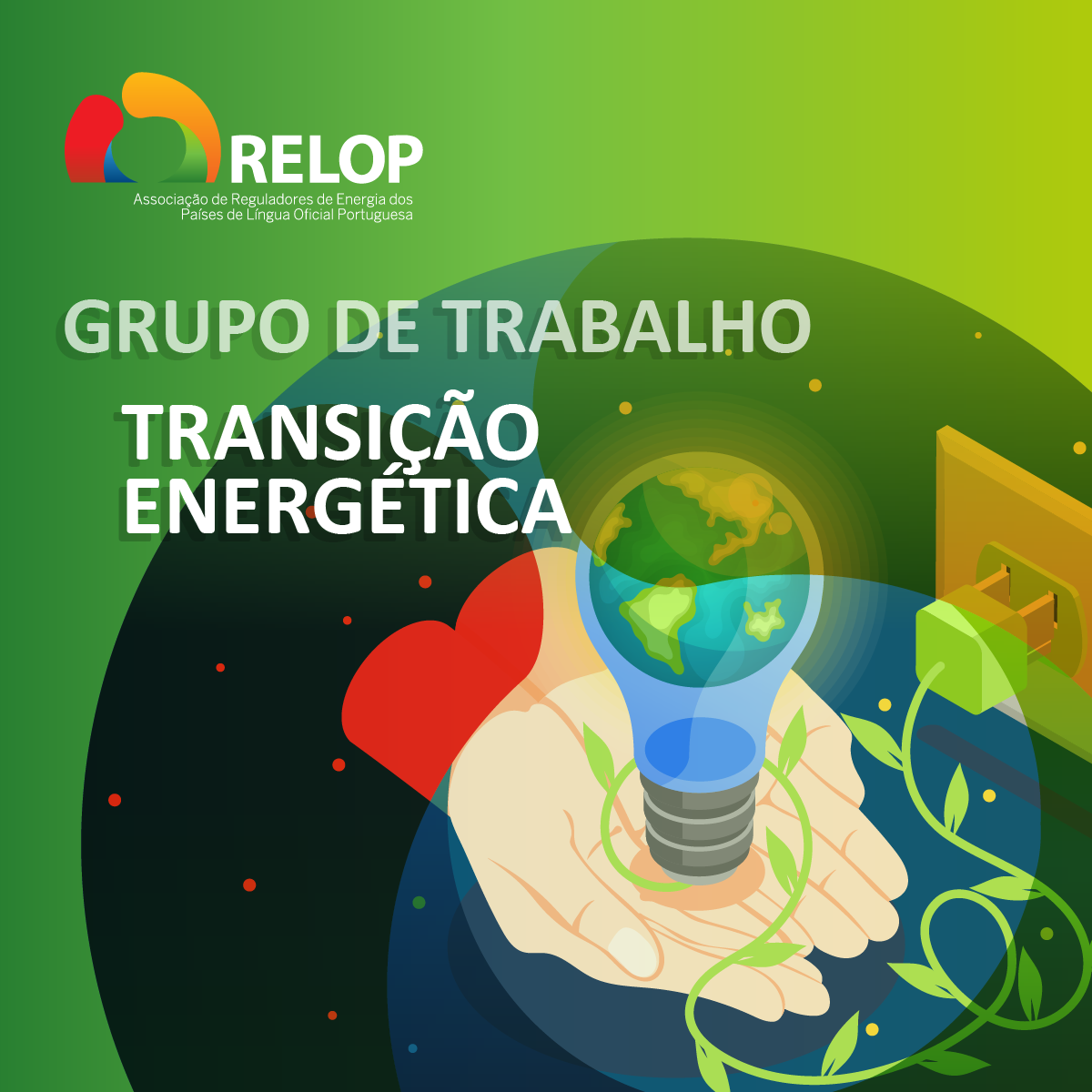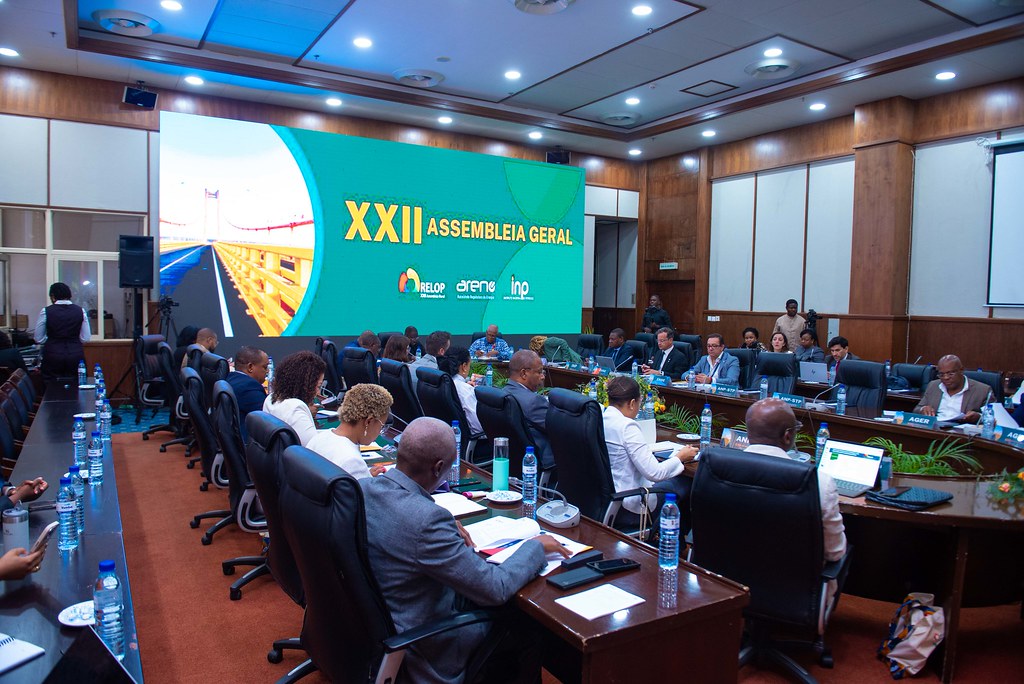RELOP’s Energy Transition Group highlights the role of Energy Communities in the Energy Transition
On April 14, 2025, the fourth workshop was held as part of the activities of RELOP’s Working Group on Energy Transition, dedicated to the theme “Energy Communities: Examples that promote local energy production and consumption with a positive social impact.” The main goal of the initiative was to share practical cases that drive local energy production and consumption, with a special focus on their social and community benefits.
The event brought together 60 representatives from various organizations across RELOP member countries and was moderated by Fernando Martins, Head of the Control and Prevention Unit at ENSE.
The first speaker, Miguel Alves from ERSE, presented “Opportunities and Challenges of Energy Communities.” He highlighted the differences between Collective Self-Consumption (ACC), which requires an internal regulation and is managed by a Collective Self-Consumption Managing Entity (EGAC), and Renewable Energy Communities (CER), which take the form of legal entities with the ability to share energy among their members and foster greater investment capacity.
This was followed by Júlio Silva from Grupo Energisa (Brazil), who shared the experience of the Vila Restauração energy community in the Amazon. Established in 2021, the project includes a microgrid, lithium battery storage systems, and a biodiesel generator. He addressed the technical and logistical challenges faced before and during the construction and sizing of the infrastructure, as well as how the system operates and the evolution of energy consumption in the community.
Inês Martins from Elergone Energia offered a clear and comprehensive analysis of the legal framework surrounding energy communities, also addressing self-consumption schemes, energy sharing, and connection to the public electricity grid. Her presentation highlighted the opportunities of decentralized energy production, such as reduced energy consumption, a lower carbon footprint, and increased production from renewable sources—contributing to the goals of the energy transition.
The final presentation was delivered by Carla Castelo from the Coopérnico Foundation, an organization that promotes various models of citizen, business, and nonprofit participation in energy communities. She emphasized the benefits of involving citizens in decentralized renewable energy production, supported by examples from the Telheiras and Culatra Island Energy Communities.
The workshop concluded with a discussion session, during which key questions were raised, such as: “How have citizens and small businesses been encouraged to actively participate in local energy production and consumption?” and “What are the main legal, technical, or financial challenges faced in creating and developing these energy communities?” This moment allowed for an enriching exchange of ideas and experiences among participants.
This fourth workshop reaffirmed the RELOP Working Group’s commitment, coordinated by ENSE, to promoting the energy transition in member countries. It continues to serve as a valuable platform for knowledge sharing and strengthening Lusophone cooperation in this strategic area.






